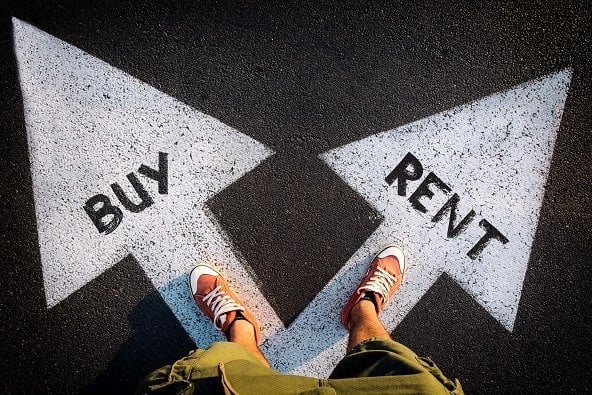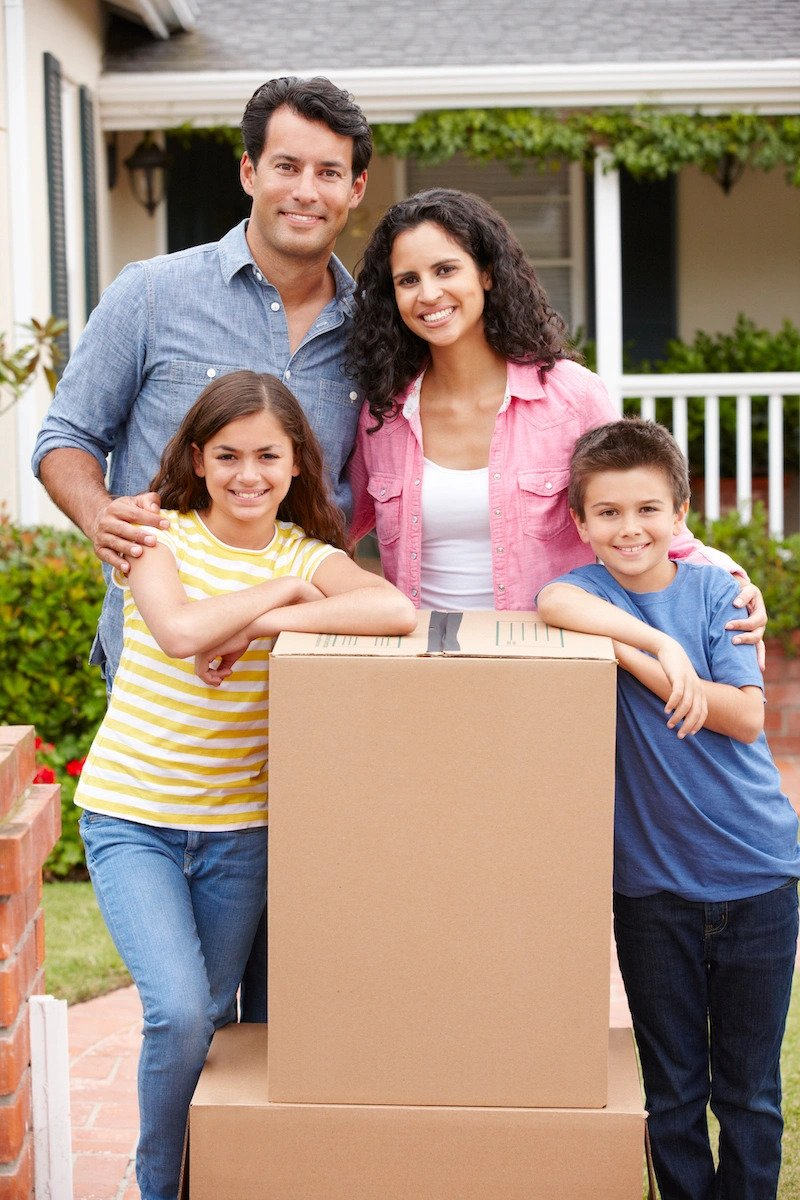Getting out of renting and buying their first home is a dream for many young Canadians. Not only does owning your own home allow you to build equity and invest in your financial future, but it also gives you more control over changes made to your home, and it can help save you money in the long run. However, buying a home is a major investment and a scary step forward for many young people. Whether you are considering buying a house, a condo, or a townhouse, the process of becoming a homeowner can be a bit daunting, and first-time homebuyers may be unsure where to start, or how they will know if they are ready to buy their first home. If you are considering jumping into the home buying process and are feeling a bit lost, keep reading for advice on the steps that you should take, and the things you should consider, as you start the journey towards homeownership.

The reality is that buying a home is a big decision to make. In fact, it is the largest purchase that most people will make in their lives, and deciding to buy a home is not something that you should rush into. Before you begin looking into the home buying process, you should first take some time to decide whether homeownership is right for you and your family. While the idea of buying a home, and investing in one's financial future rather than continuing to rent, is attractive to many people, it is important to note that homeownership is not for everyone.
Contrary to popular belief, there are actually many people who enjoy renting and the peace of mind that comes with having a landlord who takes care of problems for them when they arise. When buying a house, you need to be sure that you are ready for the responsibilities that come with homeownership. Many first-time homebuyers are surprised by how much time and money they must put into maintaining and repairing a home that they own, which can feel overwhelming when you are used to renting. However, if you are ready for the challenges that come with homeownership, then you will need to make sure that you are financially prepared when the time comes to make an offer on a home.

Before you start looking at homes, it is critical that you take some time to figure out how much you can actually afford to spend on a home. The last thing that you want is to fall in love with a house only to find out that the mortgage payments would be outside of your budget, or worse, you could find yourself in over your head with a mortgage that you can't afford. While getting pre-approved by a lender can be helpful, as this will give you an idea of how large of a home loan you are likely to qualify for, you need to determine for yourself what monthly mortgage payment you can afford based on your current expenses and financial situation.
When figuring out how much you can realistically afford to spend each month on your mortgage, it is important that you take into account how much you will be spending on property taxes, property insurance, mortgage insurance (if needed), utilities, and other expenses that could affect how much you can afford to spend on monthly mortgage payments. Fortunately, there are a variety of online calculators that can help you to determine how much you can afford to spend on a home based on your financial situation. Setting a realistic budget is a critical first step towards homeownership, as this will help you to figure out how much you need to save for a down payment, and it will keep you in check as you begin looking at houses for sale in your area.
Of course, before you can begin looking at homes, you need to make sure that you have money set aside for a down payment. Yet, how much will you need to save before you can afford to buy a home? In Canada, the absolute minimum you must have for a down payment is 5% for homes that cost $500,000 or less. Knowing how much you plan to spend on a home is then critical, as it will help you to determine how much to save for a down payment. Saving for a down payment is often the biggest hurdle towards homeownership for first-time buyers, which is why you need to start saving early if you want to buy a home. It is important to note that a mortgage with a down payment of less than 20% is considered high ratio, and you will be required to get mortgage loan insurance. However, this is often unavoidable for first-time buyers who usually can't afford 20% down.
When saving to buy a home, it is also important that you set aside money for closing costs so that these expenses do not come as a surprise down the road. Closing costs are the legal and administrative fees and taxes that are paid upon the closing of a real estate transaction. It is not uncommon for first-time homebuyers to be caught off guard by how costly closing costs can be, as they can equal 2-3% of the sale price of the house. In order to ensure that you have enough money for closing costs, it is usually recommended that home buyers set aside 4% of the intended purchase price of their future home for closing costs.
Once you have enough money saved for a down payment and closing costs, your next step should be to meet with lenders to find out what you qualify for and to get pre-approved for a mortgage. While pre-approved mortgages are not a 100% guarantee, as the lender will do a final check of your finances once you have made an offer on a home, they are a pretty good indicator of what you are likely to qualify for. Getting pre-approved should be your first step towards buying a home, and it is something that you should do before you even begin looking at homes. The fact is that the home buying process can move fast, and if you find a home that you are in love with, you do not want to lose it to another buyer simply because you did not have your finances in order yet. Getting pre-approved will ensure that you are ready when you find a house that you love, and it will show sellers and real estate agents that you are serious about buying a home.